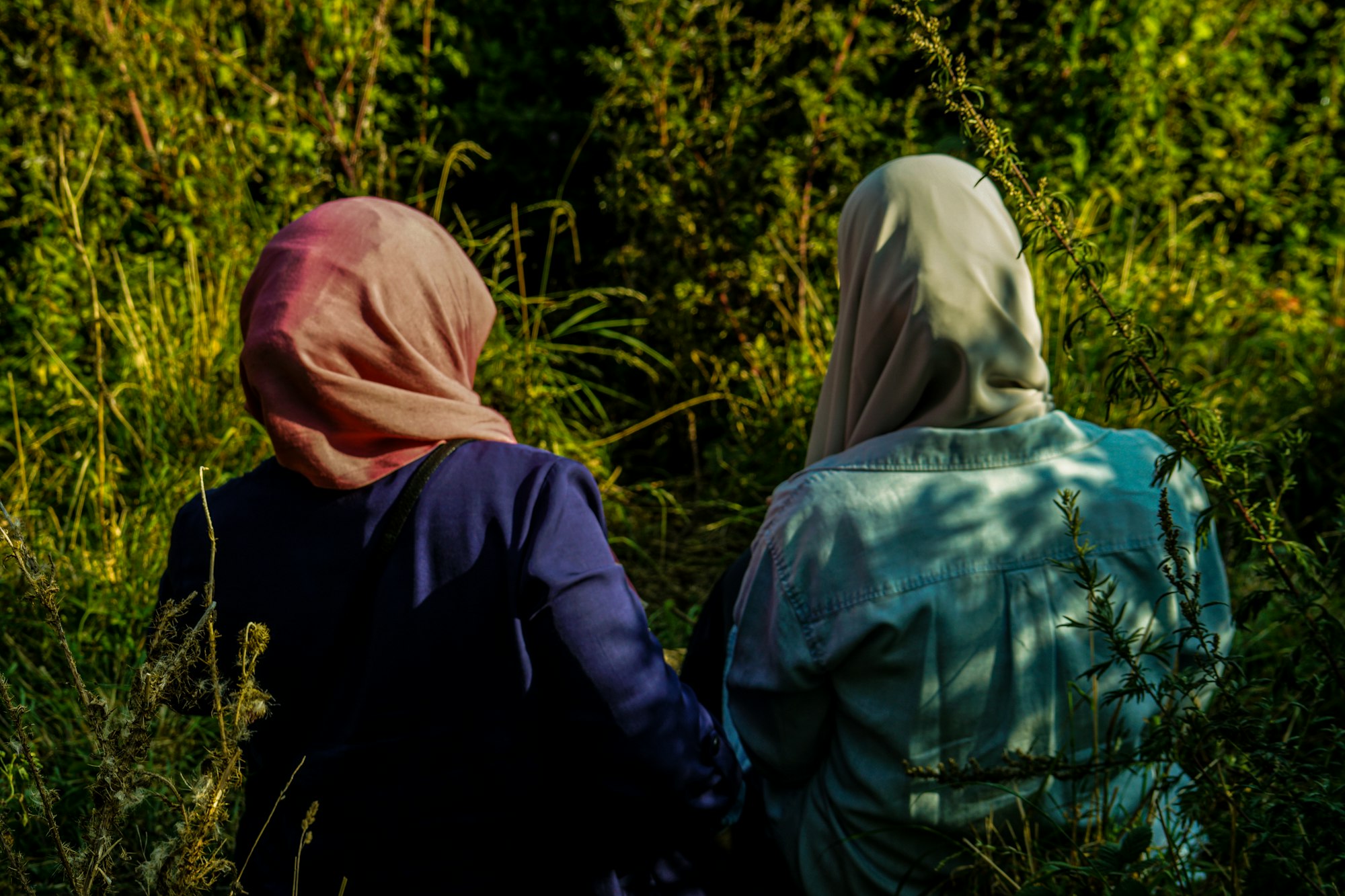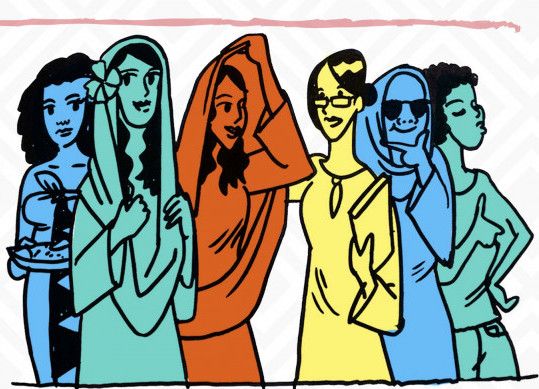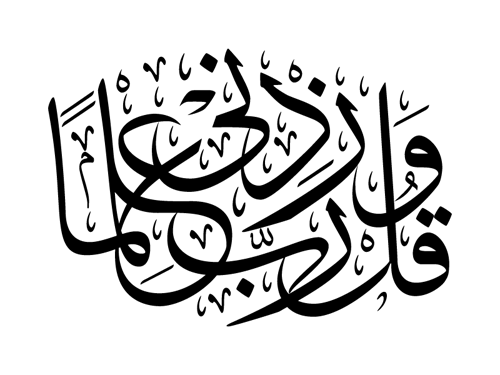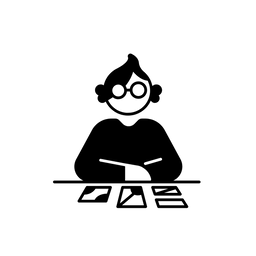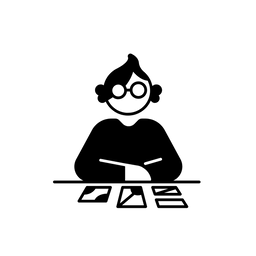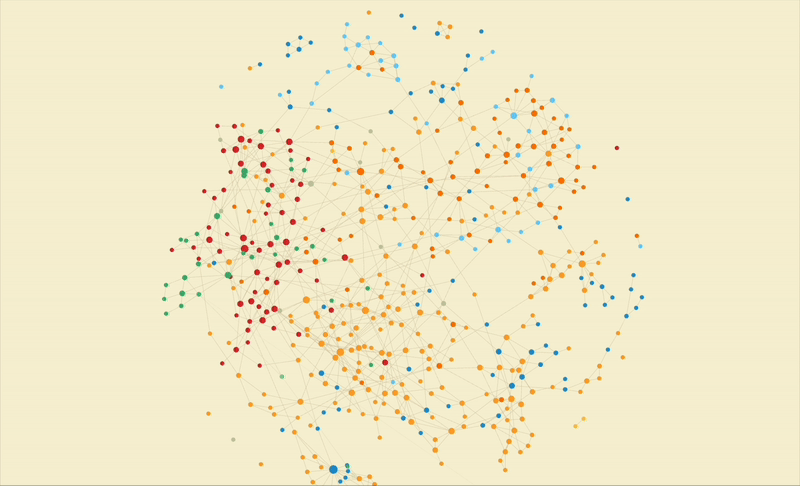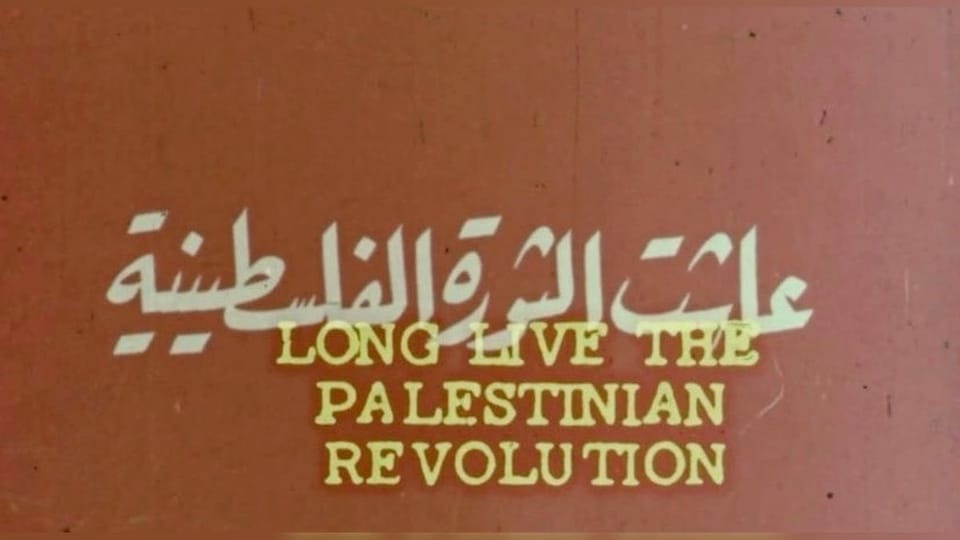Five ways of knowing
How do you know what you know? In what ways do we accept, question, or resist authority? This framework gives you a language to describe the depth of your knowledge in any topic.
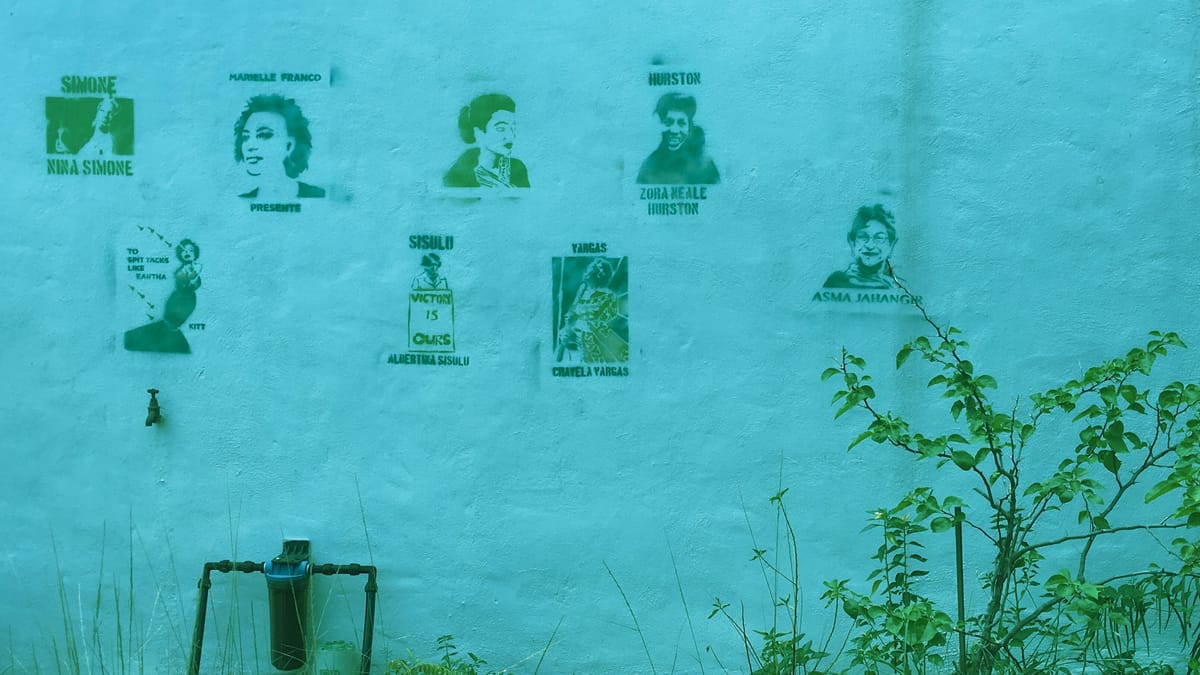
📻 Context
A framework I learned from a session with feminists in 2018 on Ways of Knowing: Developing Critical Methodologies. It came up throughout the week in later discussions with Southeast Asian women on religious knowledge, authority, and gender justice. I referred back to it for years since and wanted to point to it in my own words. - Liy
According to four women psychologists in the late 1980s who were studying cognitive and intellectual development in women, there are five ways of knowing:
- SILENCE / SILENCED
- RECEIVED KNOWLEDGE
- SUBJECTIVE KNOWLEDGE
- PROCEDURAL KNOWLEDGE
- CONSTRUCTED KNOWLEDGE
Each 'stage' should not be thought of as a 'phase', but rather a non-linear location of knowledge for you re: a specific topic. For example,
- Maybe you are at the RECEIVED location for plumbing because you followed a few YouTube videos successfully,
- but you're at the PROCEDURAL location of knowledge with cooking because you can riff and whip up great food without looking at a recipe,
- or the CONSTRUCTED location if other people are using a cookbook you wrote to make dinner!
In the context I first learned it, we were an intergenerational group of Southeast Asian Muslim women who needed language to describe where we were at with how truth and authority played out in our lives along the lines of Islamic jurisprudence, cultural norms, and gender. I would later write more about all of that (see the end of this post).
This framework can give you a language to describe the depth of your knowledge in any topic. I'll describe it below in my own words, but if you want to read the real thing look up the 1986 book Women's ways of knowing: The development of self, voice, and mind by Mary Field Belenky, Blythe McVicker Clinchy, Nancy Rule Goldberger, Jill Mattuck Tarule.
SILENCE
Or silenced. Completely depends on others for knowledge. They don't trust their own voice or ideas. May fear punishment for speaking up. Words can feel like weapons. They stay quiet to survive. Often a response to trauma or authority, where questioning isn't safe and inquiry is seen as denial.
RECEIVED knowledge
In this location, one learns by listening to others. They believe that knowledge comes from outside themselves. They trust what they hear but don't question authority figures or have deeper analysis. They focus on right vs. wrong answers and struggle with ambiguity, nuance, or saying their own ideas.
SUBJECTIVE knowledge
One often arrives at this location after significant life events compel them to question what knowledge they have received before. Here, one begins listening to their inner voice. They might fully reject narratives from an external authority and trust what their gut and soul knows to be true. Their certainty comes from personal experiences and/or intuition (which is built off a history of personal experience feedback loops) which are valid— even if unreliable— sources of knowledge.
PROCEDURAL knowledge
One knows what they know because they relied on integrating some sort of method or process to critically think about and analyse their knowledge systematically. How they approach this process of knowing can vary: they might find holes or test ideas from afar as detached as possible (separate knowing), or they might value the unique personal experiences that shape others opinions and perspectives, and try to deeply relate to where it's coming from (connected knowing).
CONSTRUCTED knowledge
In this location, one's knowledge in the matter is complex and comes from many sources, both inside and outside of themselves. Through the forms they know best, they combine everything they have learned through intuition, experience, empathy and critical thinking and are building or have built something from that knowledge for others to receive and engage with.
Some commentary
- Having access to information doesn't mean true knowledge. Knowledge and wisdom require active engagement and integration into lived realities. Without that, data stays as data. In the session I was at back in 2018, many women in the room reflected that they operated in the SUBJECTIVE knowledge stage by rejecting patriarchal systems but remaining in dualistic modes of thought. As we advance together, the goal should be to go beyond personal gut feelings towards constructing collective knowledge.
- In the received tradition of Islam, truth and knowledge are deeply intertwined. Denying the truth is seen as the opposite of knowing. The Qur'an emphasises two paths to knowledge: Observing signs in the universe (nature, stars, bodies), as well as reflecting on our lived realities as affirmations of truth. This framework encourages grappling with the relationship between the Real (al-Haqq) and what we are told in our lived realities. We aren't meant to passively receive this tradition from other humans once it has been transmitted. Asking questions and creating systems of understanding are just ways of grappling with the sacred and constructing knowledge from it.
- Active construction of knowledge is what it means to engage in a dynamic way with Islam's principles and methodologies. This is significant for us in the margins because of the opportunity to take SUBJECTIVE knowing as starting points, integrating our lived realities into the 1400+ year old social fabric, to engage or defy authority figures as a process, and above all, to place ourselves in Islamic tradition as heralds of fresh perspectives, eager to keep alive the spirit of inquiry that has always defined the faith.
